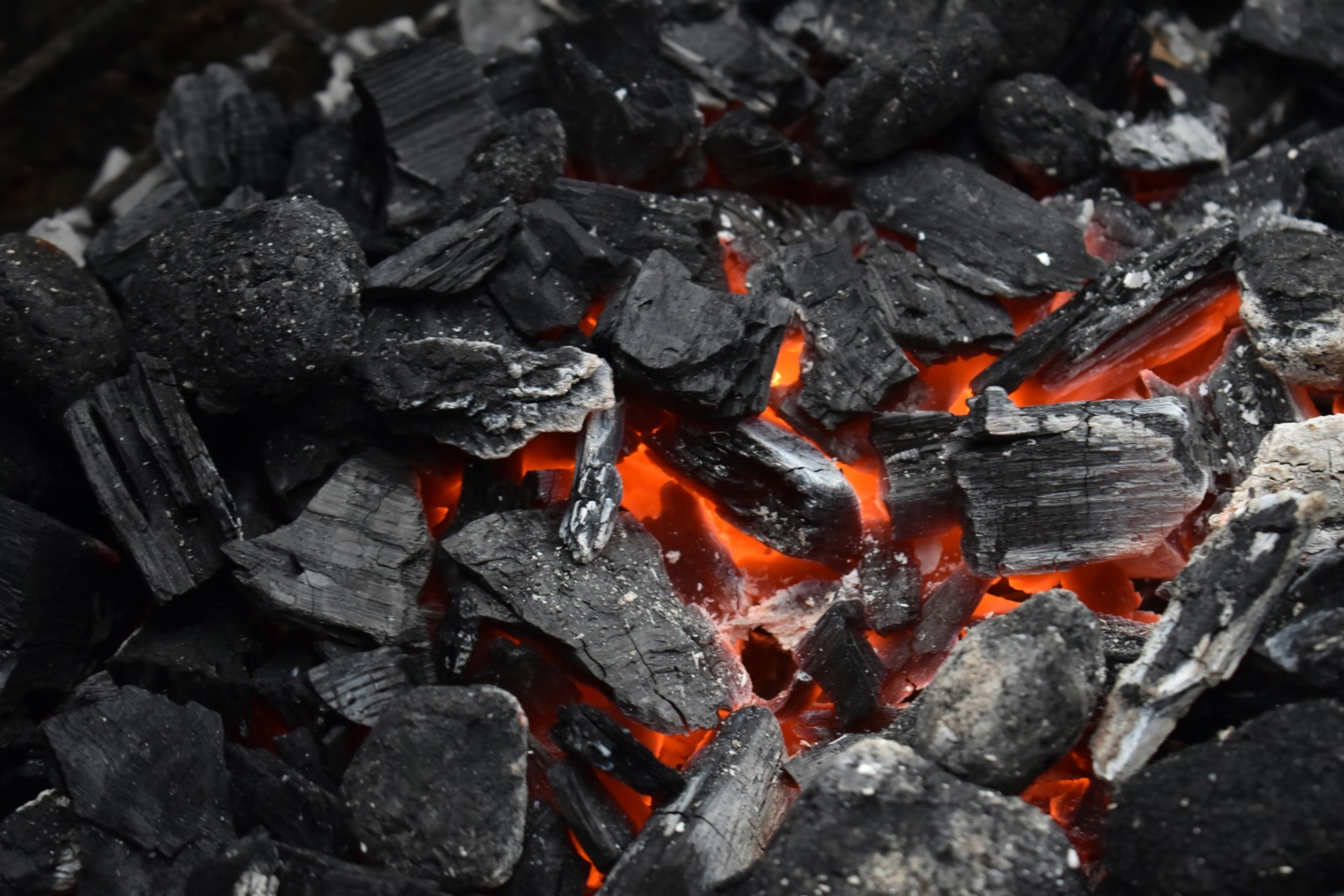U.S officials have reported that this July was globally the hottest month in the last 142 years. The month saw wildfires develop across Africa, Europe, the Middle East, North America and Siberia, as a result of soaring heat and dry weather.
During the month, unusual heat events were prevalent across Europe and the U.S, with the world seeing an average of 16.73 degrees Celsius in July – an average that exceeded the previous record set in July 2016, a record that was repeated in 2019 and 2020, according to the National Oceanic and Atmospheric Administration (NOAA).
Ahira Sanchez-Lugo, NOAA climatologist stated that the hottest seven Julys have been recorded between 2015-21. What’s more, July 2021 was nearly one degree Celsius (0.93 degrees) above the July average recorded throughout the 20th century.
The record-breaking heat during last month was the result of high temperatures across the globe. The BBC reports that Asia saw its warmest July on record and Europe, which has seen extreme heat events and wildfires in countries such as Italy and Greece, recorded its “second hottest July.”
Related Article: Canada’s British Columbia Sees Increase in Deaths Amid Extreme Heatwave | Severe Droughts, Record Heatwaves and Water Mismanagement Result in Deadly Riots in Iran
July was bad but August looks like it won’t be much better, on the contrary. Europe saw its hottest recorded temperature of 48.8 Celsius in Sicily last Wednesday. It was recorded in Syracuse, a port that faces Africa and is therefore often on the frontline of heatwaves emerging from the Sahara. But a small town in the hinterland, Floridia, was hit even worse, with temperatures unofficially soaring up to 51 Celsius, resulting in the snails that the town is famous for being literally fried in their shells, as they were unable to move on the hot sand.
This year, Australia saw its fourth warmest July, and North America, which has experienced extreme heatwaves, wildfires and drought within most of its western regions, reportedly saw its sixth warmest temperature for July.
Scientists report that last month was also the “worst July” for wildfires in at least 18 years.
Details of recent wildfires, can be seen in this video:
Similarly, extreme flooding took form across Germany and Belgium during July of this year. And according to Science Magazine, “For years, scientists have warned climate change will mean more flooding in Europe and elsewhere.”
When the air has greater warmth it carries more moisture which can ultimately lead to heavier rainfall. The science publication reports that the weather can become more volatile if climate change slows the pace of jet streams, which are the high-altitude winds around the Northern Hemisphere. And as the pace does get slower, then this may lead to longer-lasting rainstorms.
So whilst it is true that the climate crisis is a major cause of the changes in rapid weather patterns such as rising temperatures, the issue of wildfires and floods is equally alarming, if not more.
Editor’s Note: The opinions expressed here by Impakter.com columnists are their own, not those of Impakter.com.— In the Featured Photo: Sunset on a horizon. Featured Photo Credit: Kseniia Zaitseva













